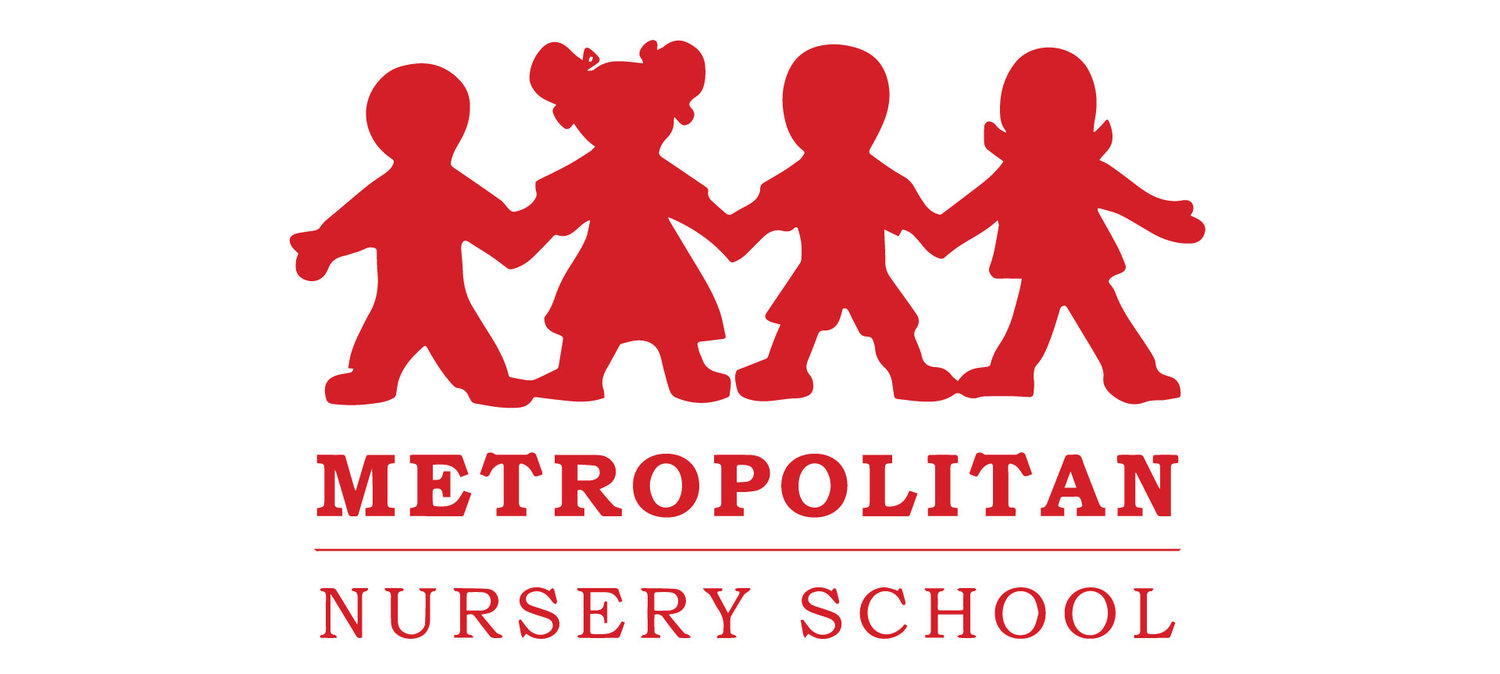Today we had an enjoyable visit from Officer Tony and Officer Chandra from the Metropolitan Police Department. There are photos of the visit in the Parent Portal under the Photos and Videos link. Officers Tony and Chandra showed the children some of their police tools (a radar gun, their walkie talkies and their body cameras) and talked to them a little about their jobs. They also talked to the children about calling 9-1-1 in an emergency, always wearing seat belts and helmets, and never going with strangers. While their visit is part of several visits we have planned during the school year for various community helpers, the timing was interesting as just today I was also alerted to a kidnapping attempt in Georgetown that occurred yesterday.
While it is fresh in my mind, I think it it is good to talk a bit more about teaching your young children about safety with adults. Anyone that has tried to have this discussion with children knows that it can be difficult. It is important as a parent for you to feel comfortable talking to your children about scary topics, and one of the easiest ways to do this is to be informed. Take a moment to read some recent articles to help you find and borrow words that feel right for your and your family and your children’s developmental ages. Once you are ready with a little information, then talk to your children.
It is always good when you are having a conversation with your child where you want to share information to start by asking them what they know, and checking for their current understanding. Often times we can clear up any misconceptions and figure out where they have knowledge gaps that help guide the conversations. It is also good to start by telling your children why you want to have the conversation. For many of these conversations with young children that will sound like, “It is my job to keep you safe so I want to talk to you about how to get help when you’re not with Mommy or Daddy”, or, “It is my job to teach you how to be healthy, so we are going to talk about the best way to brush our teeth.”
For talking to your children about safety around adults, I found this article from Parents.com helpful. The article offers 3 useful ways to explain to children how they can be friendly with new people while also staying safe. The language they use is “tricky people” rather than “strangers”. Anyone that has tried to explain strangers to children knows that information is not complete in teaching your children how to be safe. For starters, dangerous people are not usually strangers (many abductions are perpetrated by someone the child knows) and sometimes people that can help us are completely unknown to us, e.g., the police officers we met today were strangers to your children when they came in as are most people in the world. “Tricky people” is a good description for people that are trying to trick us into doing things that are unsafe. This article also talks about having these discussions so that you can start getting your children to trust their own instincts and be bold in speaking up for themselves or getting help when they need it (even if that means yelling, or being “rude” to an adult).
Sometimes things happen in life that are scary or unfair or gross and we wish we didn’t have to have the discussions at all with our children, but I can assure you that the children hear us discussing these things with other adults, or hear it from older siblings or see the worry on our faces, and they also need the information for their own safety—so not talking about uncomfortable things really isn’t an option. Life has a way of reminding us we need to have these discussions. Take the time to prepare yourself with the words and knowledge you need to be comfortable talking about a topic with your child. If you are uncomfortable, scared, or squeamish you are likely going to make your child feel the same way when your goal is to teach and empower them with knowledge. Once you are ready, you will find that starting these conversations early about personal safety, control over your own body and feelings, and how to keep yourself safe, and how to give consent or deny it—will pay large dividend as your children get older. You won’t have these conversations once and forget about it, rather you are starting a process that will grow and evolve with your child..
Good luck and remember to use the school as a resource should you have questions on how to have these conversations. I am happy to discuss it with you and your teachers can likely let you know more about your child’s understanding of certain topics based on their age.
